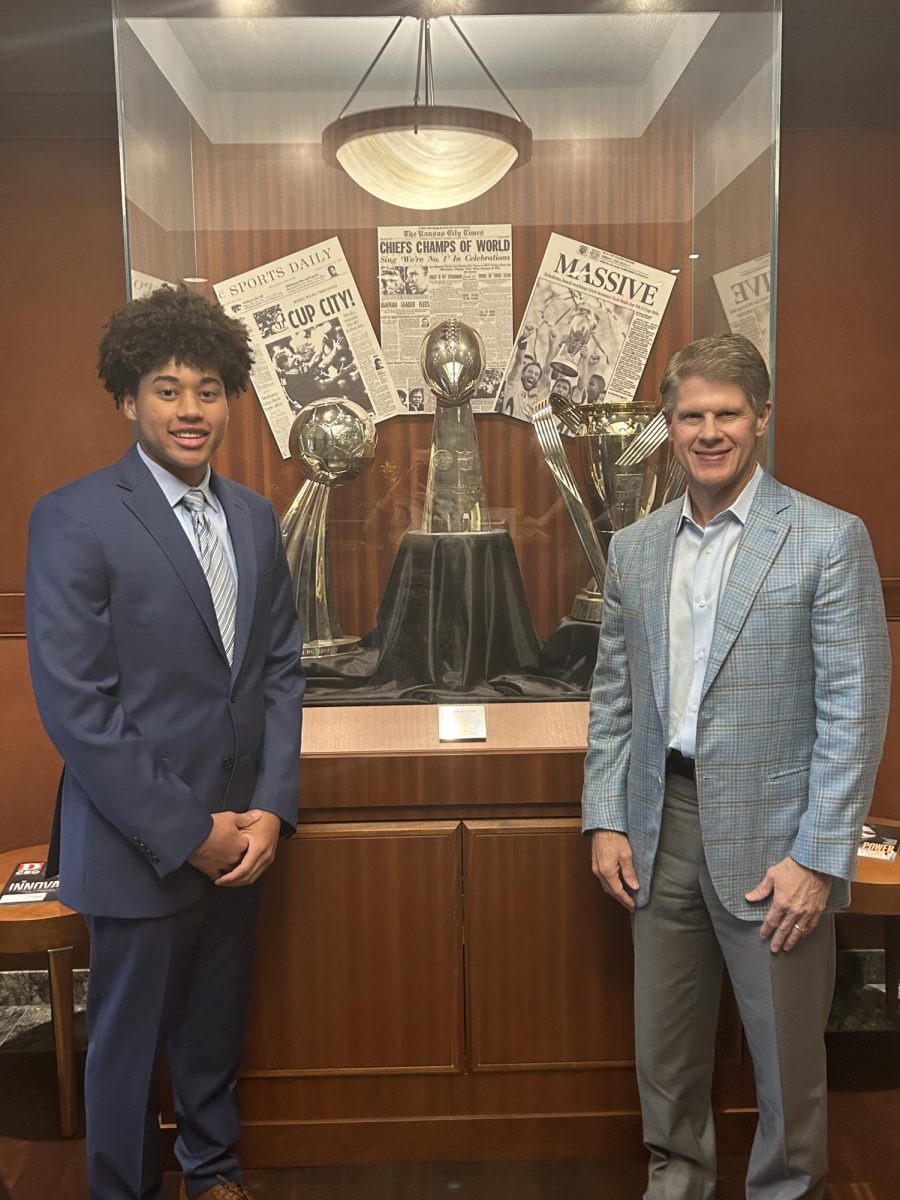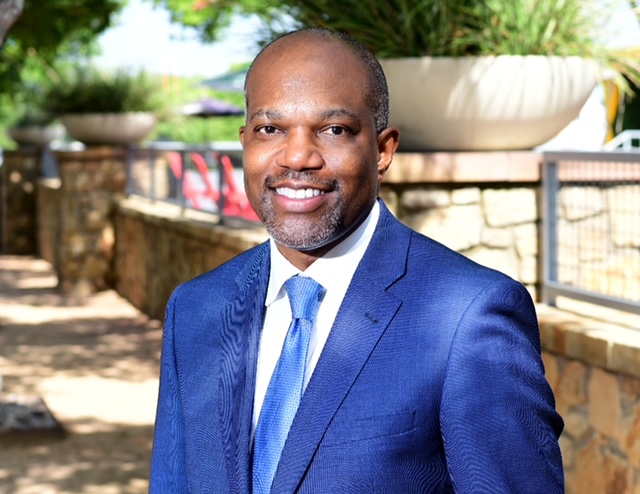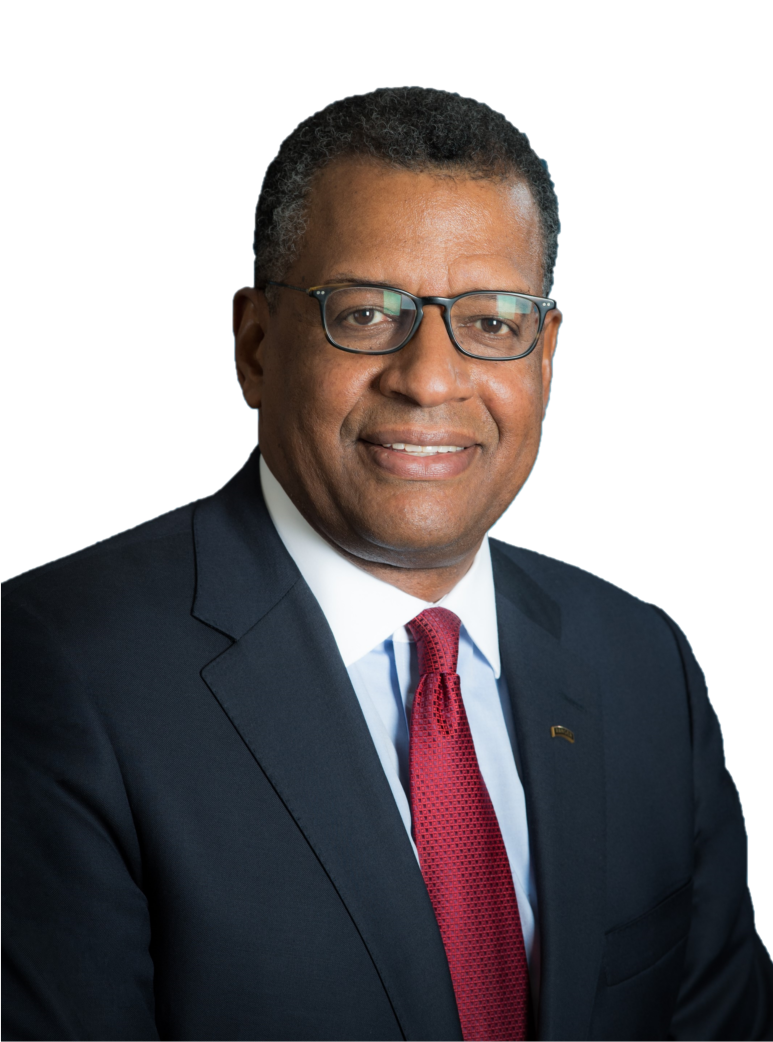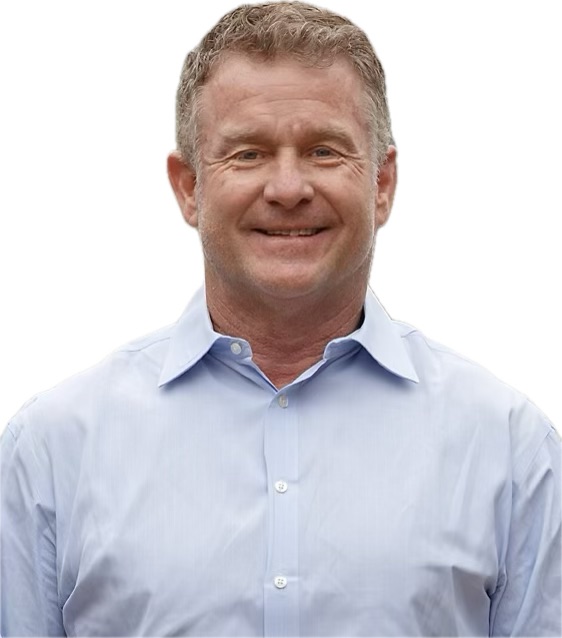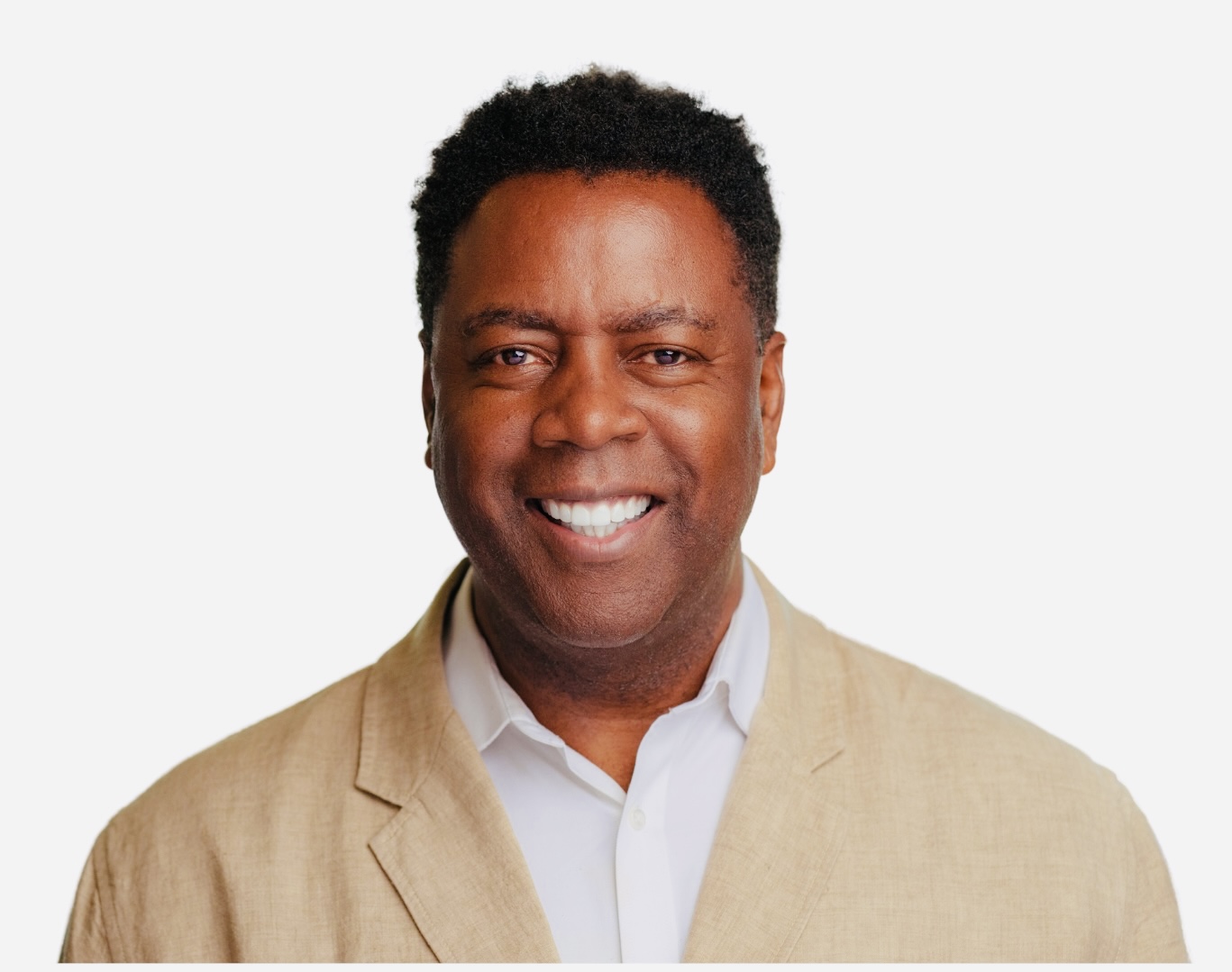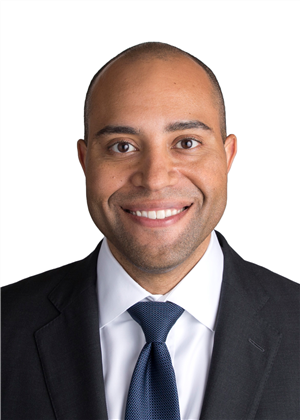Clark Hunt was born and raised in Dallas, Texas. He attended St. Mark’s for 12 years, graduating in 1983. He attended SMU graduating in 1987. He was the soccer captain and two-time Academic All-American. Clark Hunt is a member of the Dallas Hunt family. His grandfather, H.L. Hunt was successful in the oil industry, and his father, Lamar Hunt, founded the now Kansas City Chiefs in 1960. After Lamar Hunt died, Clark Hunt took over as the CEO of the Kansas City Chiefs in 2010. Through his leadership, the Kansas City Chiefs have gone on to multiple successful seasons, including being the 2020 Super Bowl Winners. He is also a founder and investor of Major League Soccer. The recent success of the Kansas City Chiefs sees Clark Hunt’s stellar leadership skills. Clark Hunt uses his leadership to give back to the community through various charities, including the Hunt Family Foundation.
Lawrence Gardner: How do you think your parents influenced the man you are today and are there any principles they instilled in you that you still use today?
Both of my parents set a great example for me. They were both extremely hardworking and were really good with people. Individuals always tell me today about my parents and their humility. They were both very humble people who went out of their way to make everyone they met feel important. My dad was very much of a visionary and an entrepreneur. At the end of the day, it was incredible the way they impacted the people around them.
Lawrence Gardner: How would you define the virtues of a leader using real-life examples?
I would put humility at the top. I would also use the word “together” because I think a good leader brings his organization and community together. The leader has to be a visionary, has to be a tone-setter as well. I think that really helps leaders be successful in getting a group of people to come together to achieve something great. A leader also needs to have a vision for where they want to lead the organization or a group of people. Leaders need to care about their teammates and employees. Leaders need to have tremendous humility and be willing to take the blame when things don’t go well and when things do go well, give the credit to others.
Lawrence Gardner: How has your leadership played a role in ensuring the successful implementation of diversity and equity inclusion around your workplace and your business places?
My dad founded the Chiefs, which actually started in Dallas as the Dallas Texans, but then moved to Kansas City in 1963. The Texans/Chiefs were the first NFL team and was also the first team to recruit heavily from historically black colleges and built with the best roster of that era, which resulted in the team making the first Super Bowl. My dad, when he was later asked about it (recruiting from historically black colleges), responded by saying “I was just trying to build a team with the best players.” The NFL was overlooking a lot of the best players who were playing at historically black colleges so he hired the first black scout in the NFL who went and found these players like Willie Lanier, Otis Taylor, and Emmit Thomas. Those players are all in the Pro Football Hall of Fame today. My dad really set an example (to embrace diversity). For an organization, you need to have a very broad perspective, and the broader perspective, the better talent you’ll bring to the organization, and of course, that not only applies on the football field but also in the front office as well.
Lawrence Gardner: What does servant leadership mean to you and what are some specific testimonials of leadership situations that resulted in change or affected the community around you?
Mr. Hunt: I think the top-level leaders are servant leaders. They are the leaders who are willing to put the best interests of their organizations and teammates first; whether their teammates are on the field, or employees in the office, they put their interests first. Those are the leaders who are the most successful as it relates specifically to our organizations. The Chiefs have a four-point mission statement, and one of the prongs is to unite the community. That is something we take very seriously. It is something I talk to the team about each year. We have a lot of turnover with the players, and I always want the new players to understand, first of all, how lucky we are to be part of an NFL franchise. The only reason we exist is because of our fan base, and it’s our job to give back. The Chiefs are giving back and coming off a whole lot of different fashions. It could be giving money to an organization that’s doing something good in the community or taking the time and effort to volunteer at an organization, taking time to go to a hospital and brighten up the lives of somebody who’s going through a very difficult time. Our players do a great job of giving back, and in turn, it flows through the organization. The coaches are involved in our front office as well, so we understand our special relationship with the community and are very intentional about making sure that we get back and therefore unite the community.
I learned so much about being a leader at St. Marks. St. Mark’s does such a great job with the character and leadership program. It’s something that really sets Saint Marks apart from other similar boys or private schools, and it’s part of what I like to refer to as the secret sauce of Saint Marks. I was a quiet leader by nature in high school. I was converted from running back in my sophomore year to quarterback at the behest of the coaching staff. I became the quarterback my junior year, and all of a sudden, I had this leadership responsibility that I didn’t sign up for. So I definitely had to think about that and become more vocal because as the quarterback, you are a de facto leader of the team. That played a big role for me, and then when I was at SMU playing soccer, I was also a captain my senior year. People learn a lot through leadership opportunities.
Lawrence Gardner: I notice you continue to reference the virtue of humility. Why do you believe humility to be such an important virtue?
Humility is something that I learned over the course of my career. When I was in high school or even college, I didn’t understand it. My dad’s signature quality, which I mentioned earlier, was his humility. He passed away 16 1/2 years ago, and I still, to this day, have people come up and share their Lamar Hunt stories with me. And the stories are always very similar about how he treated them with respect. My father’s humility carried over into his professional endeavors as well. The employees who worked for him literally would run through a wall for him because they cared so much for him as a person, because they knew he cared equally as much for them. It took me a long time to really understand the value of humility.
Many leadership books say that the best leaders are the ones who have humility. That’s sort of the top of the pyramid. In reading those books, I get it now as it relates to my dad’s humility. I’ve had two really good recent examples in my life. One is Andy Reid, the head coach of the Chiefs. He’s been a head coach in the NFL for almost 25 years, has had tremendous success, and is definitely headed toward the Pro Football Hall of Fame. Watching him work with people has reinforced the value of humility. A great leader takes the blame when things don’t go well and then gives the credit when it does. Andy Reid does that every single week during the season. I’ve also watched Patrick Mahomes be humble as well. Patrick Mahomes is a special quarterback, his talents are off the charts, but a big part of what makes him so special, and the reason that he’s been an MVP and a two-time Super Bowl winner, is because of how he treats people.. When the Chiefs don’t do well, Mahomes takes the blame. When we do well, Mahomes gives the credit everywhere else, and his teammates know that he has their back and, therefore, they’re willing to put it all on the line for you.
Lawrence Gardner: How have you used the essential elements of thriving in leading organizations and people?
I feel like I’ve grown a lot as a leader, especially after the last 15 years. I think we are all always growing, no matter how old we are. We are always improving and learning more especially if we are in a leadership position about how to lead and how to handle people around us. I have a much better understanding of what it takes to help individuals succeed based on what I’ve learned about leadership over the last 15 years. “Thriving” centers on what you’ve learned and understanding how the world works which is something gained through experience. That experience (learning about the world) starts in high school. You grow quite a bit in college through your experiences, and with each step in your career, you’re going to learn about what it takes to be successful and how you can motivate a group of people to be successful. You learn the importance of treating other people like how you would like to be treated and, treating them with humility and with respect. Those values do play a role in my day-to-day leadership and the great news is, despite what we sometimes hear, you don’t have to check your faith at the door when you step into the professional world. Faith is just that’s part of who you are, and I would encourage you to let the values that you’ve learned as a Christian guide you for the rest of your life. If you do that, you’re likely going to have a lot of success, not only as an athlete in school or professionally but just with people that you interact with on a daily basis; you’re going to make a big difference in the world.
Lawrence Gardner:
St Mark’s has a working definition of a marksman, “ a current student or alumnus who embodies in word and action the school’s mission. A scholar, he advances toward mastery and the chief disciplines of the arts, sciences, languages, and athletics. He thrives in competition and demands that his body express the virtues of his spirit. A leader, understands his own identity, success, and happiness as being inseparable from that of which he is a part and strives to move his communities forward in their missions.” Using this definition, how have some or all of the experiences described above helped you to lead your organization to success and uplift, uplift those around you?
Mr. Hunt:
I would go back to what I learned at St. Mark’s, which, you know, in the classroom, I learned how to work hard, I learned how to study, and therefore I became a better scholar. I don’t know that I was ever a great scholar, but I became a better scholar. On the athletic field, I learned how to train and how to work hard, how to be a teammate, and how to be a leader. And those principles have helped me throughout my athletic career at SMU. However, they also roll over and apply it in the professional world. So you know, St. Mark’s had a big impact all the way around what, whether it was school, athletically, or then later as a leader, but it really all goes back to St. Mark’s.
Lawrence Gardner: How do you lead through ethical and unethical decision making? And what are some examples where you had to make tough decisions based on some sort of ethical motivation?
Mr. Hunt:
I think it comes back to having your priorities right and if you’re using your faith as your guiding light. A lot of times, it’s easy to want to take the shortcut. You know, ethical dilemmas are usually about taking the shortcut and doing what’s easy. It may create immediate gratification, but that’ll end up backfiring on you. The right thing is to use what you’ve learned and what you know and make the ethical decision. Something that we’re confronted with frequently in the professional sports business is whether we sign or keep a player who has done something off the field that doesn’t reflect the values of the organization, and those are really tough decisions. Because you also want to be willing to give somebody a second chance. And so we have to, we have to make the call. Did this individual just make a mistake? And they’re a young person, and they’ll learn from it, or it is reflective of who they are as a person, and therefore, they’re going to be a cancer for the organization. What I’ve learned over 25 years of being involved in professional sports is that a bad apple in the locker room can destroy a really talented team. It’s the character of that group of individuals that ultimately is going to win you the championship. It takes a lot of talent, but you can have that talent derailed by someone who’s really thinking about themselves and not thinking about the group.
Lawrence Gardner: What is the best way to prepare to be a leader, and how have you prepared those in your organization to lead effectively with character?
Mr. Hunt:
I think the best way to prepare yourself to be a leader is to take on leadership roles, and sometimes those are situations where you can volunteer. You can volunteer for a leadership role doing something for a charity. You can volunteer to be a leader on a school project. You can be thrust in as the starting quarterback at St. Mark’s, and you’ll learn a lot. I really think learning from experience is the best way to go.And there are, there are lots of opportunities. There are more opportunities, but people just tend to think about, OK, you have an organization, and there’s a leader at the top. Well, there are a lot of leaders in that organization, and they’ve gotten to where they are in the organization because of their collective experiences in high school and college and taking on leadership roles early in their careers. A lot of time being the leader is hard, and it takes more time; it’s more responsibility, but just know that you’re stacking up bricks that you’re going to be able to draw on later.


